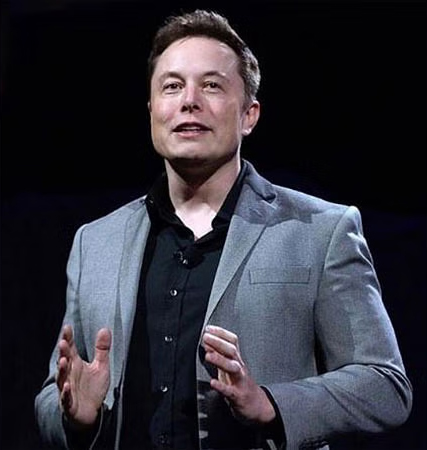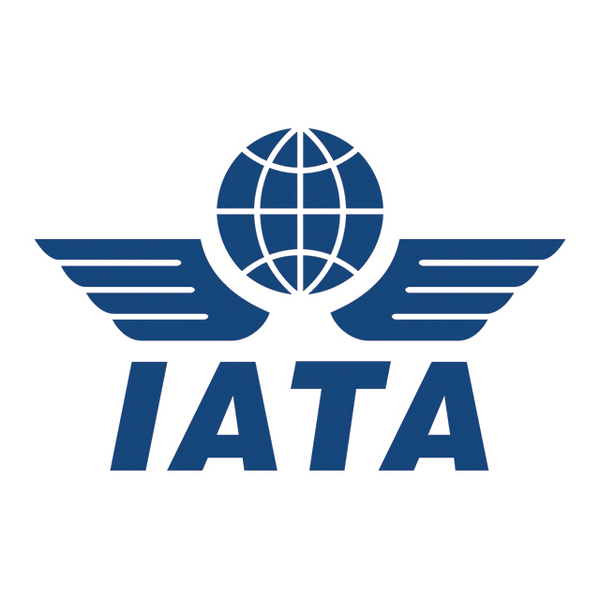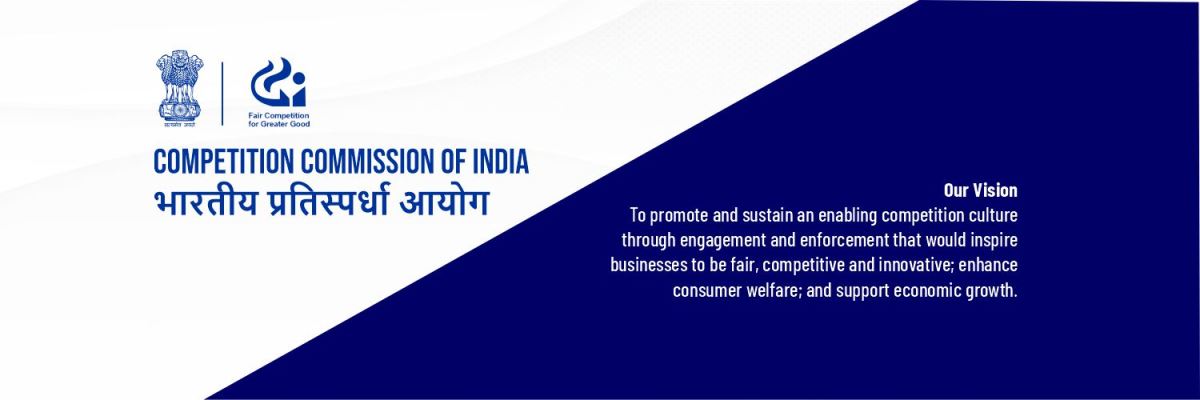American tech billionaire Elon Musk on Saturday said his proposed visit to India has been postponed due to “very heavy Tesla obligations”
 KRC TIMES National Bureau
KRC TIMES National Bureau

American tech billionaire Elon Musk on Saturday said his proposed visit to India has been postponed due to “very heavy Tesla obligations”.
The electric carmaker Tesla CEO — who was expected to be in India on April 21 and 22 and scheduled to meet Prime Minister Narendra Modi — wrote on X that he is looking forward to coming to India later this year.
“Unfortunately, very heavy Tesla obligations require that the visit to India be delayed, but I do very much look forward to visiting later this year,” Musk wrote on X in response to a post, which stated that his India visit planned for April 21-22 has been postponed as the reason could be that he needs to attend Tesla’s earnings call on April 23.
Earlier this month, he had confirmed his visit to India with a post on X saying, “Looking forward to meeting with Prime Minister @NarendraModi in India”.
In June last year, Musk met with Modi during the latter’s US visit and stated that he planned to visit India in 2024 while expressing confidence that Tesla would enter the Indian market soon.
His proposed visit had raised expectations that he would announce plans for electric car maker Tesla to set up shop in the country, along with his satcom venture Starlink.

It was also expected that Musk would announce plans for Tesla to set up its manufacturing unit in India and investments for the same that could be to the tune of billions of dollars and the way forward for selling Tesla electric cars in India at the earliest.
Not just electric cars, he is also eyeing the Indian market for his satellite internet business Starlink, for which regulatory approvals are awaited.
Musk had in the past called for import duty reduction in India for it to be able to sell Tesla cars in the country.
His planned visit to India came weeks after the government announced a new electric vehicle policy, under which import duty concessions will be given to companies setting up manufacturing units in the country with a minimum investment of USD 500 million, a move aimed at attracting major global players like Tesla.
On Thursday, an advisor representing Tesla — The Asia Group (TAG) — had attended a stakeholders’ meeting on the new EV policy, along with those from Vietnam’s EV maker VinFast and all the major manufacturers in India, including Maruti Suzuki, Hyundai, Tata, Mahindra, Kia, Skoda Auto Volkswagen India, Renault, Mercedes-Benz, BMW and Audi.
The stakeholder consultation meeting was aimed at seeking inputs for the guidelines to be framed for the new EV manufacturing policy.
As per the policy, the companies that would set up manufacturing facilities for EV passenger cars will be allowed to import a limited number of cars at lower customs/import duty of 15 per cent on vehicles costing USD 35,000 and above for five years from the date of issuance of the approval letter by the government.
At present, cars imported as completely built units (CBUs) attract customs duty ranging from 70 per cent to 100 per cent, depending on the engine size and cost, insurance and freight (CIF) value.
CBUs, whose CIF value is more than USD 40,000, attract a 100 per cent import duty (for petrol engines sized more than 3,000 cc and diesel engines sized more than 2,500 cc). Whereas those with CIF value under USD 40,000 attract 70 per cent duty (for petrol engines sized under 3,000 cc and diesel engines sized under 2,500 cc).
The new EV policy seeks to promote India as a manufacturing destination for EVs and attract investment from reputed global manufacturers. Last year, Tesla approached the Indian government seeking duty cuts to import its vehicles in India.
In 2022, Musk said that Tesla, which was earlier seeking a reduction in import duties to sell its vehicles in India, would not manufacture its products unless it is allowed to first sell and service its cars in the country.
In August 2021, Musk said that Tesla may set up a manufacturing unit in India if it first succeeds with imported vehicles in the country. Tesla wanted to launch its vehicles in India, “but import duties are the highest in the world by far of any large country!”
Besides Tesla, he has also been trying to start in India operations of Starlink, a constellation of 4,000 low Earth orbit satellites, to provide internet to remote locations or areas where normal communications infrastructure is not functional.
Musk’s satcom venture courted controversy in 2021 after it began pre-orders without proper licensing, forcing the government to clarify that Starlink was not licensed to offer satellite-based internet services in India.
The telecom department had cautioned the public not to subscribe to the services that are being advertised by the Musk-backed company.
Later, in November 2022, Starlink applied for a GMPCS (Global Mobile Personal Communication by Satellite) license.
Earlier this week, sources in the Department of Telecom said the licence application of Starlink is under process, and the government is examining the security aspects.






